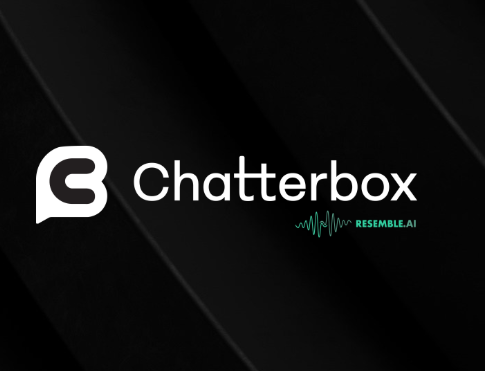Resemble AI's Open-Source TTS Chatterbox Challenges Industry Leaders
The artificial intelligence landscape has witnessed a significant breakthrough with Resemble AI's release of Chatterbox, an open-source text-to-speech (TTS) model that's challenging industry benchmarks. This innovative system combines cutting-edge technology with accessibility, potentially reshaping how we interact with synthetic voices.

A New Standard in Voice Synthesis Built on the LLaMA architecture with 500 million parameters, Chatterbox was trained on over 500,000 hours of carefully selected audio data. What sets it apart isn't just its technical specifications, but its real-world performance. In recent blind tests, nearly 64% of participants preferred Chatterbox's output over ElevenLabs' industry-leading system, citing superior realism and natural flow.
The model's zero-shot voice cloning capability stands out—requiring just five seconds of sample audio to generate remarkably accurate voice replicas. Content creators can also fine-tune emotional expression through intuitive controls for tone, speed, and intensity. These features make Chatterbox particularly valuable for applications ranging from audiobook production to interactive game characters.
Technical Innovations and Security Measures Chatterbox delivers real-time synthesis with latency under 200 milliseconds, enabling seamless integration into live applications like virtual assistants. Its open-source MIT license removes barriers for developers, who can experiment with the model through Hugging Face's Gradio interface.
Addressing ethical concerns, Resemble AI incorporated its Perth neural watermarking technology into every audio output. These digital fingerprints maintain nearly perfect detection rates even after file modifications, creating an accountability framework for generated content.
Industry Impact and Future Potential The open-source release has sparked excitement across developer communities. Social media buzz highlights Chatterbox's precise emotional modulation capabilities, with some users calling it "the most expressive synthetic voice yet." This accessibility contrasts sharply with proprietary systems that often limit customization options.
Potential applications extend far beyond current use cases:
- Dynamic educational tools that adapt narration styles
- Multilingual content creation without native speakers
- Personalized podcast narration at scale
The project represents a strategic balance between community-driven innovation and commercial viability. While offering Chatterbox as free open-source software, Resemble AI continues developing premium enterprise solutions with enhanced features.
Developers can access the project at: https://github.com/resemble-ai/chatterbox
Key Points
- Chatterbox outperforms ElevenLabs in blind preference tests (63.75% favorability)
- Requires only 5 seconds of audio for accurate voice cloning
- Processes real-time synthesis with <200ms latency
- Incorporates undetectable neural watermarks for content security
- Open-source model fosters innovation while paid services target enterprises